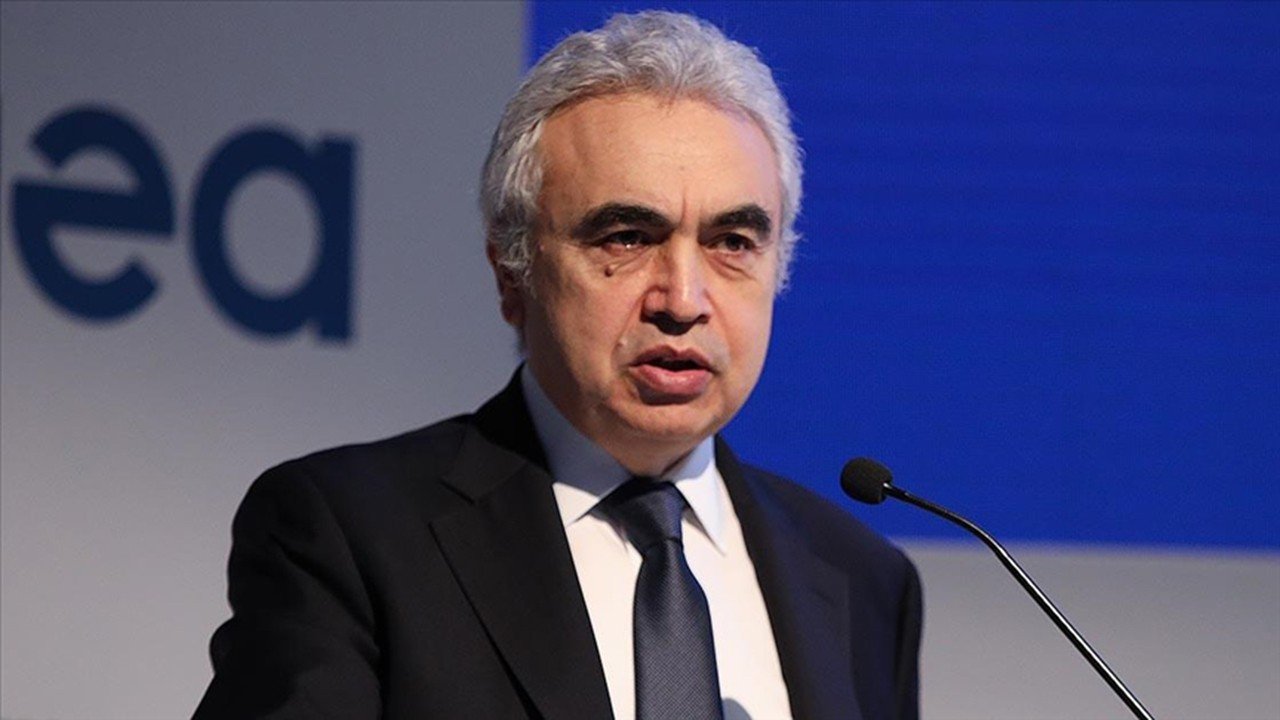ANTALYA, Türkiye, April 12. Last year, across the world, many new electricity power plants began operating. Of all of them, 85 percent were renewables—solar and wind, said Fatih Birol, Executive Director of the International Energy Agency (IEA), as he addressed the 4th Antalya Diplomacy Forum, Trend reports.
Speaking at a panel on "Climate Diplomacy and Energy Security in the New Era", he emphasized that the rise of renewables and electric vehicles is being propelled by market forces as much as environmental imperatives.
“Only 5 percent of power stations put in operation were nuclear, and 10 percent were gas and coal.” This, he noted, marks a fundamental shift in the energy landscape and reflects the accelerating cost-competitiveness of clean technologies.
Birol pointed to the booming electric vehicle (EV) sector as another key indicator. “Only four years ago, electric cars made up 3 percent of global car sales. This year, it’s 25 percent—one in four cars sold is electric,” he stated. “Why? Because they are getting cheaper.” Battery technology, critical for both EVs and renewable energy storage, has seen sharp cost reductions. “Batteries, which we need for cars, for renewables, for everything—their costs are coming down substantially,” he explained.
This economic momentum, Birol argued, is now a primary force behind the energy transition. “The reason why the lack of strong interest in climate change will not stop clean energy is because clean energy is mainly driven by economics. Because they are getting cheaper.”
He also highlighted the strategic dimension of the shift, noting that forward-looking governments view clean energy as central to the industries of the future. “Many countries think tomorrow’s industry, tomorrow’s economy, will depend on modern technologies—not yesterday’s technologies. So they are investing in those.”







